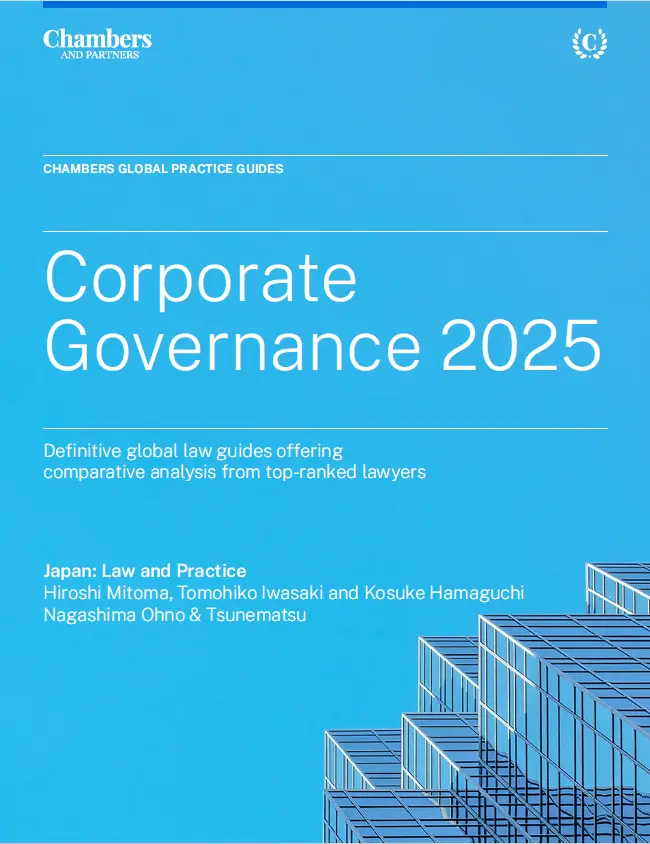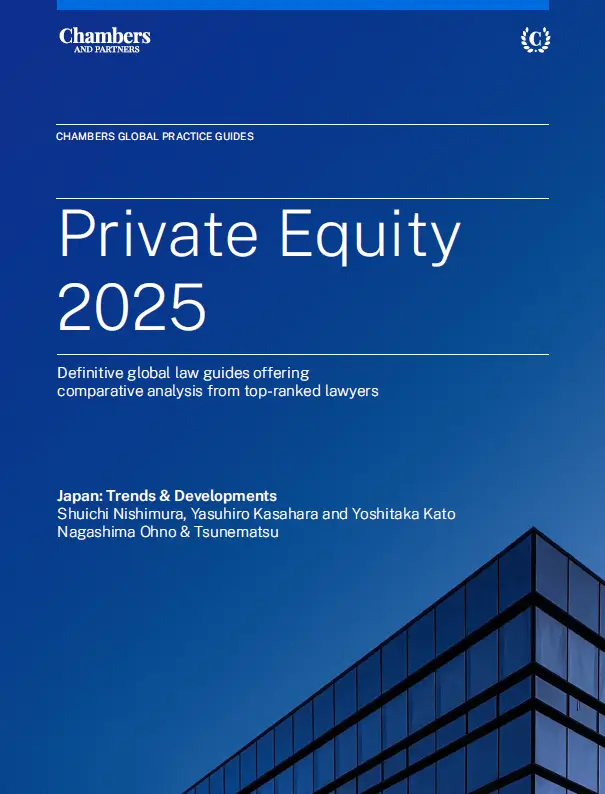
NO&T Asia Legal Review
On 10th October 2023, the Malaysian Companies (Amendment) 2023 Bill (“Bill”) was tabled for the first reading at the House of Representatives to amend the provisions of the Malaysian Companies Act 2016 (“CA 2016”) relating to, amongst others, the reporting framework and disclosure of beneficial ownership information, with an aim to improve the corporate governance framework under the CA 2016.
“Beneficial owner” is currently defined under Section 2 of the CA 2016 to mean “the ultimate owner of the shares and does not include a nominee of any description”. Further, based on the Guideline for the Reporting Framework for Beneficial Ownership of Legal Persons (“BO Guideline”) issued by the Companies Commission of Malaysia (“CCM”), it is clarified that beneficial owners are always natural persons who ultimately own or control a legal entity or arrangement, and the existing definition of “beneficial owners” covers the perspective of both, ownership and effective control.
Section 56(1) of the CA 2016 empowers (but does not require) a company to deliver notices to its shareholders or other relevant persons (as informed by the shareholders) to obtain information of beneficial ownership of the shares in the company. In addition, Section 56(6) of the CA 2016 allows the CCM, stock exchange or the Securities Commission Malaysia to direct the company to obtain the beneficial owners’ information and provide such information to it.
Although the literal reading of Section 56(1) of the CA 2016 does not require the company to obtain such beneficial ownership information, the BO Guideline clarifies that it is compulsory for companies to send the written notice under Section 56(1) of the CA 2016 at least once in a calendar year, and companies are recommended to send out notices pursuant to Section 56(1) to (3) of the CA 2016 frequently to update the CCM on the beneficial ownership of their shareholders. Further, the CCM has imposed a duty on companies to lodge beneficial ownership information together with the annual return, under the general catch-all item of “such other information as the CCM may require” under Section 68(3)(j) of the CA 2016. In this regard, the prescribed form of the annual return made available by CCM requires the company to state if any of the shareholders of the company is holding shares as a nominee or trustee, and if it is in the affirmative, to annex a separate list of information relating to such beneficial ownership.
In view of the above, generally, upon receipt of the company’s notice under Section 56 of the CA 2016, the shareholder will need to inform the company whether he or she is a beneficial owner or a trustee (and in this case, to indicate the beneficial owner(s) and the nature of their interests in the shares), and whether another person is entitled to control the shareholder in exercising the voting rights, and particulars of the agreement or arrangement in respect of the control. The information obtained pursuant to these written notices must be inscribed in a separate part of the company’s Register of Members.
Having said that, the BO Guideline also provides for a transitional period (which has since been extended to coincide with the implementation of the Bill) (“Transitional Period”) where during the Transitional Period, companies are required to obtain and keep the beneficial ownership information accurate and updated. After the Transitional Period, the BO Guideline states that CCM will invoke Section 56(6) of the CA 2016 and oblige the companies to submit the relevant beneficial ownership information to the CCM.
Notwithstanding this Transitional Period, in practice, companies are required to inform the CCM about the beneficial owners of its shares via submission of the annual return, pursuant to Section 68(3)(j) of the CA 2016.
The Bill seeks to replace the existing provisions relating to beneficial ownership under the CA 2016 with amongst others, the key provisions below:
It is also specifically provided under the proposed Section 60A that the Registrar of the CCM may issue guidelines for the purpose of identifying a beneficial owner of a company.
In view of this widened definition of “beneficial owner”, a person who is not listed as a shareholder may be categorised as a beneficial owner. Although the BO Guideline has set out certain thresholds (in terms of percentage of interest and control of voting rights) for a person to be categorised as beneficial owner, the BO Guideline was drafted based on the existing provisions under the CA 2016 and will likely be superseded or supplemented by subsequent CCM’s guidelines following the enactment of the Bill.
Whilst not specifically prescribed under the current Bill, the explanatory notes to the Bill clarify that some law enforcement agencies and competent authorities may be given access to the Register of Beneficial Owners of a company and the relevant beneficial ownership information.
The new provisions from items 1 – 4 above will also similarly apply to foreign companies that are required to be registered under the CA 2016 for carrying on business in Malaysia.
Whilst not specifically prescribed under the current Bill, the explanatory notes to the Bill clarify that the exemption will aim to reduce the administrative burden of companies which are already regulated under other written laws and prevent regulatory overlap.
When the Bill is passed in Parliament and comes into force, a company incorporated under the CA 2016 and a foreign company registered under the CA 2016 must send written notices to their respective shareholders; and any person whom the company knows or has reasonable grounds to believe, that he is a beneficial owner of the company, or that he knows the identity of a person who is a beneficial owner of the company, to obtain information of beneficial ownership of the shares in the company.
In tandem with the aforesaid notices, the beneficial owners have a duty to notify and provide the relevant information required to be included in the company’s Register of Beneficial Owners. With the foregoing information, the company is required to keep and maintain an updated Register of Beneficial Owners. Further, the Bill also seeks to codify the requirement to submit beneficial ownership information to the CCM as part of the company’s annual return, under the proposed Section 68(3)(ia) of the CA 2016.
Following the enactment of the Bill into law, companies whose shareholders have adopted trust and/or nominee arrangements in respect of the company’s licences and/or commercial intentions, may need to evaluate if there is any potential implication of the enhanced beneficial ownership disclosure framework under the amended CA 2016 as relevant authorities may be granted access to the companies’ Register of Beneficial Owners.
The proposed amendments to the beneficial ownership framework under the Bill aim to enhance corporate transparency and accountability to be in line with international standards and best practices. At the time of writing this newsletter, the Bill is expected to be tabled for its second reading before the House of Representative at the end of November 2023. Pending the enactment of the Bill into law, company secretaries and agents of foreign companies should be prepared to put in place systems and relevant documents to comply with and implement the enhanced beneficial ownership framework under the Bill when the same comes into force.
This newsletter is given as general information for reference purposes only and therefore does not constitute our firm’s legal advice. Any opinion stated in this newsletter is a personal view of the author(s) and not our firm’s official view. For any specific matter or legal issue, please do not rely on this newsletter but make sure to consult a legal adviser. We would be delighted to answer your questions, if any.


Yuan Yao Lee


Yusei Uji


Shunsuke Minowa, Poonyisa Sornchangwat (Co-author)


Shohei Sasaki, Shunsuke Minowa, Poonyisa Sornchangwat, Kwanchanok Jantakram (Co-author)


Yusei Uji


(June 2025)
Hiroshi Mitoma, Tomohiko Iwasaki, Kosuke Hamaguchi (Co-author)


Chattong Sunthorn-opas, Thunsinee Sungmongkol (Co-author)


Ario Putra Pamungkas


Yuan Yao Lee


Yusei Uji


Shunsuke Minowa, Poonyisa Sornchangwat (Co-author)


Shohei Sasaki, Shunsuke Minowa, Poonyisa Sornchangwat, Kwanchanok Jantakram (Co-author)


(September 2025)
Yasuhiro Kasahara, Masaki Mizukoshi, Yoshitaka Kato (Co-author)


Yusei Uji


(September 2025)
Shuichi Nishimura, Yasuhiro Kasahara, Yoshitaka Kato (Co-author)


Ichsan Montang, Valencia Wijaya (Co-author)


(September 2025)
Yasuhiro Kasahara, Masaki Mizukoshi, Yoshitaka Kato (Co-author)


Yusei Uji


(September 2025)
Shuichi Nishimura, Yasuhiro Kasahara, Yoshitaka Kato (Co-author)


Ichsan Montang, Valencia Wijaya (Co-author)


Claire Chong, Nozomi Kato (Co-author)


Yuan Yao Lee


Hoai Truong


Nopparak Yangiam, Parot Promkam (Co-author)


Claire Chong, Nozomi Kato (Co-author)


Yuan Yao Lee


Hoai Truong


Nopparak Yangiam, Parot Promkam (Co-author)


Yuan Yao Lee


Yuan Yao Lee


Yuan Yao Lee


Yuan Yao Lee